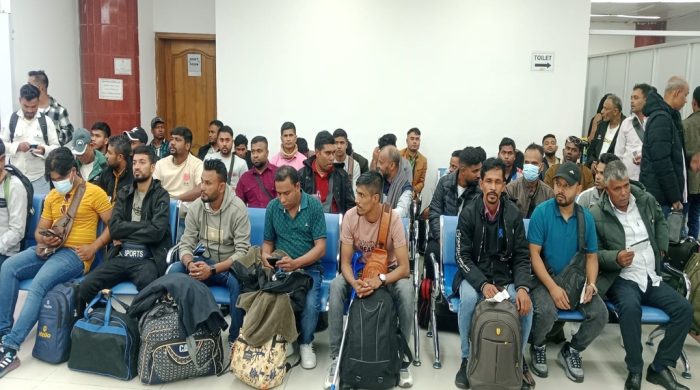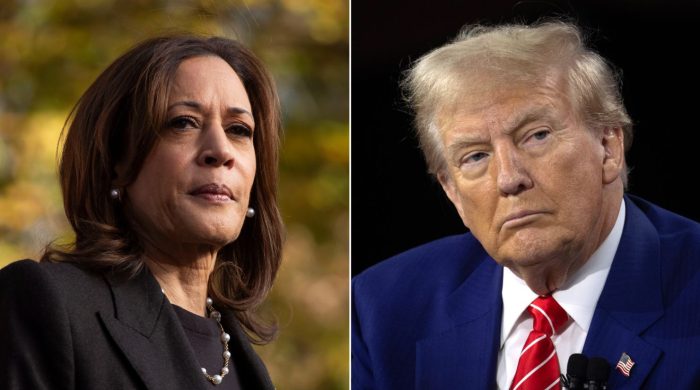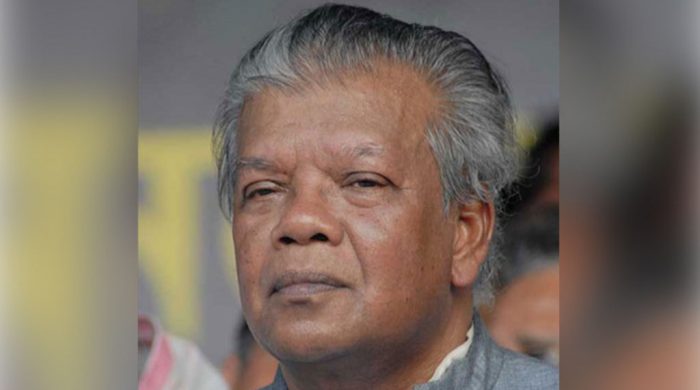Urgent int’l cooperation and partnership needed for combating pandemic crisis: Rabab Fatima

- Update Time : Saturday, January 30, 2021
- 98 Time View

Bangladesh Permanent Representative to the UN Rabab Fatima has urged the international community to come together to address the consequences of Covid-19 in an efficient, effective, and coordinated manner.
She said this while speaking to the UN General Assembly on Friday on the Secretary General Antonio Guterres’ annual report and priorities for 2021.
Ambassador Fatima thanked the Secretary General for his leadership in ensuring that the UN remains operational, despite the enormous challenge the pandemic has imposed on its work.
In her remarks, Ambassador Fatima highlighted Bangladesh’s national priorities, namely, ensuring covid-19 vaccine, climate emergency, graduation from LDC status, implementation of 2030 Agenda, harnessing digital technology, peacekeeping and Rohingya issues, among others.
While speaking on the imperativeness and importance of building partnership and solidarity as the global community endeavors to build back from this crisis, Ambassador Fatima emphasized that for effective Covid-19 response and recovery, vaccines must be made available to all as a matter of priority.
She stressed that in order to overcome the impending ‘vaccine divide’, within and among nations, the UN needs to take the lead in ensuring equitable, safe, and affordable global access to the vaccines.
Ambassador Fatima further added that fair distribution of Covid-19 vaccines should match the same urgency and resources that have marked the development and roll-out of Covid-19 vaccines.
Referring to Bangladesh’s ensuing graduation from the LDC status, Ambassador Rabab Fatima said that it is imperative to support an incentives-based graduation pathway for LDCs with time-bound support measures for graduating and graduated countries.
If not, she cautioned, the existing vulnerabilities along with the consequences of Covid-19 would imperil the hard-earned development gains of these countries.
Commending the Secretary-General for his call on leaders of the world to declare a state of climate emergency until carbon neutrality is reached, Bangladesh Ambassador told the meeting that Bangladesh parliament declared a “Planetary Emergency” and it called on the world to work “on a war-footing’’ to stop climate change.
Ambassador Fatima further stated that as the current chair of the 48-member Climate Vulnerable Forum (CVF), Bangladesh underscores the importance of giving special attention to vulnerable groups such as the LDCs and the SIDS in all climate discourses.
Referring to the COP-26 to be held in November this year, she expressed hope that ambitious new climate targets as outlined by the UN Secretary General and climate finance commitments would be fulfilled in the Glasgow meeting.
Ambassador Fatima, in her speech, reiterated Bangladesh commitment towards UN’s peacekeeping, peacebuilding and sustaining peace agenda, including stronger focus on women and youth in pursuing these.
She mentioned that despite Covid-19 challenges, Bangladeshi peacekeepers and other frontline workers continued to support UN’s peacekeeping efforts globally.
In this regard, she underlined that safety and security of peacekeepers during future pandemics or other such emergency situations should be ensured by embedding necessary preparedness in the peacekeeping mandates.
Taking opportunity of this meeting, Ambassador Fatima reminded that Bangladesh is still hosting 1.1 million Rohingyas, and that more decisive actions towards durable solutions would be needed to resolve the protracted crisis.
She urged the UN Secretary General to mobilize greater attention to the complex situation which, she warned, if not resolved early, may lead to further destabilization in the region.
It is customary for the Secretary General to highlight his priorities through an informal briefing to the Member States at the start of every year.
This year’s priorities for the UN are: fair and equal distribution of Covid-19 vaccines and protecting health systems, inclusive and sustainable economic recovery, climate and biodiversity, tackling poverty and inequality, human rights, gender equality, addressing roiling peace and security, nuclear disarmament, protecting the dangers of digital opportunities and reimagining governance of global commons. Permanent Representatives and delegates of 193 Member States of the United Nations were present at the briefing.
Permanent Representatives and delegates of 193 Member States of the United Nations were present at the briefing.

























